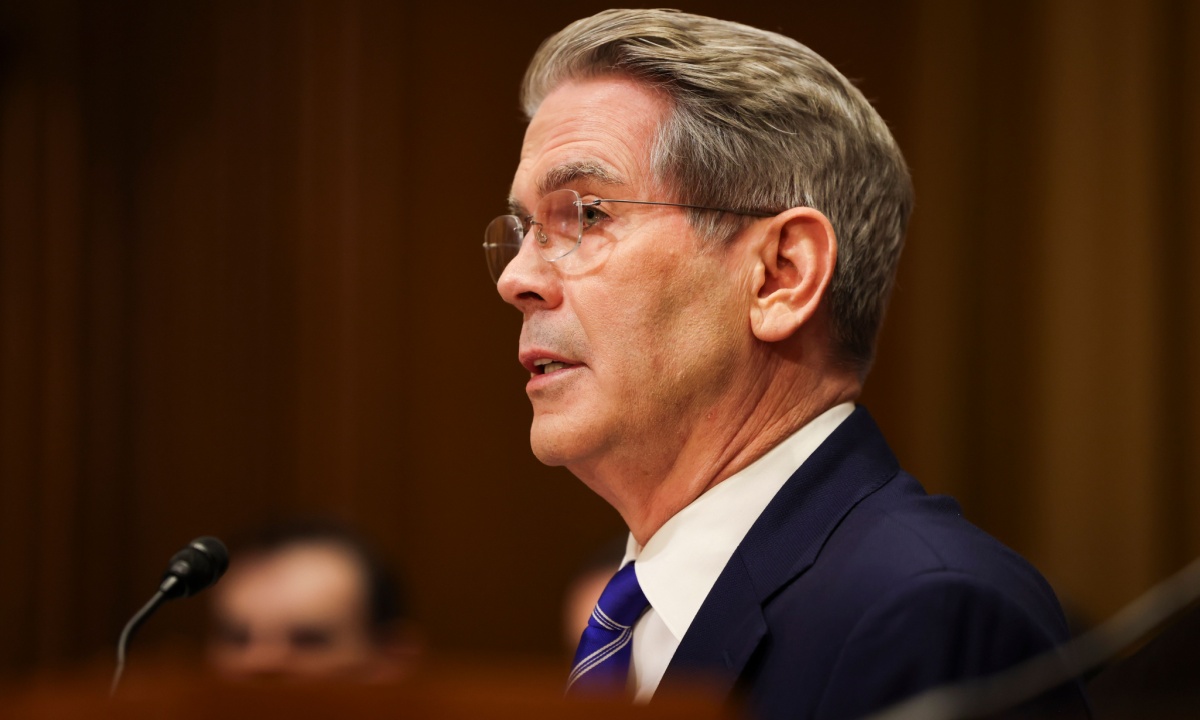The U.S. Treasury secretary is reportedly counting on the cryptocurrency sector to become a key purchaser of Treasuries.
Scott Bessent has indicated to Wall Street that he expects that stablecoins will become a crucial driver of demand for government bonds, the Financial Times (FT) reported Wednesday (Aug. 20), citing sources familiar with the matter.
Those sources said Bessent has held discussions with stablecoin issuers such as Tether and Circle, and those talks helped guide the Treasury Department’s plans to increase sales of short-term bills in the coming quarters.
The FT notes that this effort is the latest signal of the Trump administration’s push to place crypto at the center of the U.S. finance system.
Jay Barry, head of global rates strategy at J.P. Morgan Chase, told the FT that Bessent and the Treasury “absolutely think that stablecoins will be a real source of new demand for Treasuries” which is “absolutely why [Bessent] is comfortable weighting issuance towards [short-term debt].”
According to the report, Bessent’s discussions came around Congress’s passage of the GENIUS Act last month, which created a regulatory framework for stablecoins. The legislation requires stablecoins to be backed by a certain “ultra-safe and ultra-liquid” assets, the FT added, Treasury bills included.
“The recent passage of the GENIUS Act is a significant development in which we are monitoring as it will promote innovation in stablecoins and grow demand for short-term Treasury securities,” The Treasury department said in a statement to the FT.
In other stablecoin news, PYMNTS wrote Tuesday (Aug. 19) about the banking world’s entrance into the world of crypto custody.
This came after the state of Wyoming became the first public entity in the U.S. to issue a blockchain-based stablecoin, which will have its reserves managed through Franklin Advisers.
Franklin Templeton joins the likes of BNY and Goldman Sachs, which are reportedly considering managing stablecoin reserves of their own. Citigroup announced last week that it is exploring similar crypto custody solutions tied to stablecoins. And Deutsche Bank recently outlined its own full-service digital asset custody plans, slated for next year.
Meanwhile, J.P. Morgan executives said on a July earnings call that the bank has placed stablecoin infrastructure, which could include custody and deposit services, at the heart of its approach to cross-border payments and corporate treasury modernization.
“These moves suggest a coordinated institutional effort to turn custody into the on-ramp for banks seeking relevance in digital assets,” PYMNTS wrote.
